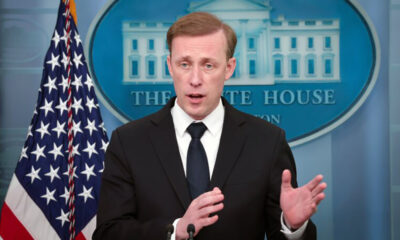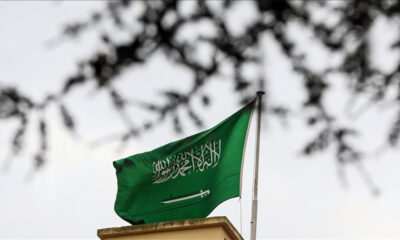Latest News
IEA and Iran security officials meet to resolve border tensions
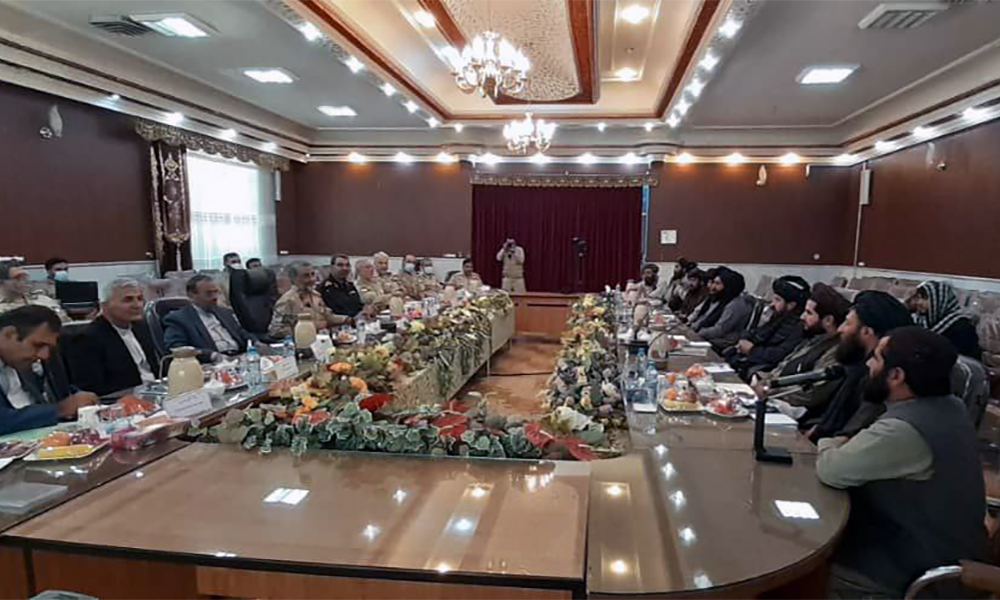
The Ministry of Defense of the Islamic Emirate of Afghanistan (IEA) says that a delegation from the Ministry of Defense and Iranian officials met this week to discuss border tensions between the two countries.
According to the ministry, based on previous agreements between the Afghan and Iranian delegations, the two sides met Friday in the Iranian city of Taybad to address "disputes over the Dugharun border in Herat and other border points between the two countries."
According to the Ministry of Defense: "The two sides discussed differences and [ways to] prevent the recurrence of border tensions, and reached an agreement.”
The agreement includes appointing certain individuals to the two countries’ border battalions, improving communication and coordination between border battalions, preventing tension and resolving problems through negotiations, and holding three more meetings.
The two sides also discussed border security, human trafficking and narcotics.
The meeting was chaired by Shabir Ahmad Osmani, Chief of Staff of the Afghan Armed Forces, and Qasem Rezaei, Iran’s Deputy Chief of Staff of the Iranian forces.
“It is very important that the relations between the two countries be cordial and good, and that circles that are opportunistic and want to create tension and create problems between the two countries do not have the opportunity. That is why the Islamic Emirate wants all border problems to be resolved through dialogue,” said Bilal Karimi, IEA deputy spokesman.
But some Afghan analysts believe that Iran, like other countries, is concerned about security threats from Afghanistan and is trying to prevent military movements along its borders.
"After the Taliban (IEA) came to power, neighboring countries, including Iran, saw the situation in Afghanistan as highly concerning, and the slightest movement on the country's borders caused concern among these countries. This has led Iranian officials to share their concerns with Taliban officials," said Lal Mohammad Lami, an international affairs analyst.
Latest News
Weakened Iran could pursue nuclear weapon, White House’s Sullivan says
Israeli strikes on Iranian facilities, including missile factories and air defenses, have reduced Tehran’s conventional military capabilities, Sullivan told CNN.

The Biden administration is concerned that a weakened Iran could build a nuclear weapon, White House National Security Adviser Jake Sullivan said on Sunday, adding that he was briefing President-elect Donald Trump's team on the risk, Reuters reported.
Iran has suffered setbacks to its regional influence after Israel's assaults on its allies, Palestinian Hamas and Lebanon's Hezbollah, followed by the fall of Iran-aligned Syrian President Bashar al-Assad.
Israeli strikes on Iranian facilities, including missile factories and air defenses, have reduced Tehran's conventional military capabilities, Sullivan told CNN.
"It's no wonder there are voices (in Iran) saying, 'Hey, maybe we need to go for a nuclear weapon right now ... Maybe we have to revisit our nuclear doctrine'," Sullivan said.
Iran says its nuclear program is peaceful, but it has expanded uranium enrichment since Trump, in his 2017-2021 presidential term, pulled out of a deal between Tehran and world powers that put restrictions on Iran's nuclear activity in exchange for sanctions relief, read the report.
Sullivan said that there was a risk that Iran might abandon its promise not to build nuclear weapons.
"It's a risk we are trying to be vigilant about now. It's a risk that I'm personally briefing the incoming team on," Sullivan said, adding that he had also consulted with U.S. ally Israel.
Trump, who takes office on Jan. 20, could return to his hardline Iran policy by stepping up sanctions on Iran's oil industry.
Sullivan said Trump would have an opportunity to pursue diplomacy with Tehran, given Iran's "weakened state."
"Maybe he can come around this time, with the situation Iran finds itself in, and actually deliver a nuclear deal that curbs Iran's nuclear ambitions for the long term," he said.
Latest News
Saudi Arabia reopens embassy in Afghanistan
In November 2021, Saudi Arabia said it was resuming consular services in Afghanistan. It also provides humanitarian aid in the country through its KSRelief organisation.
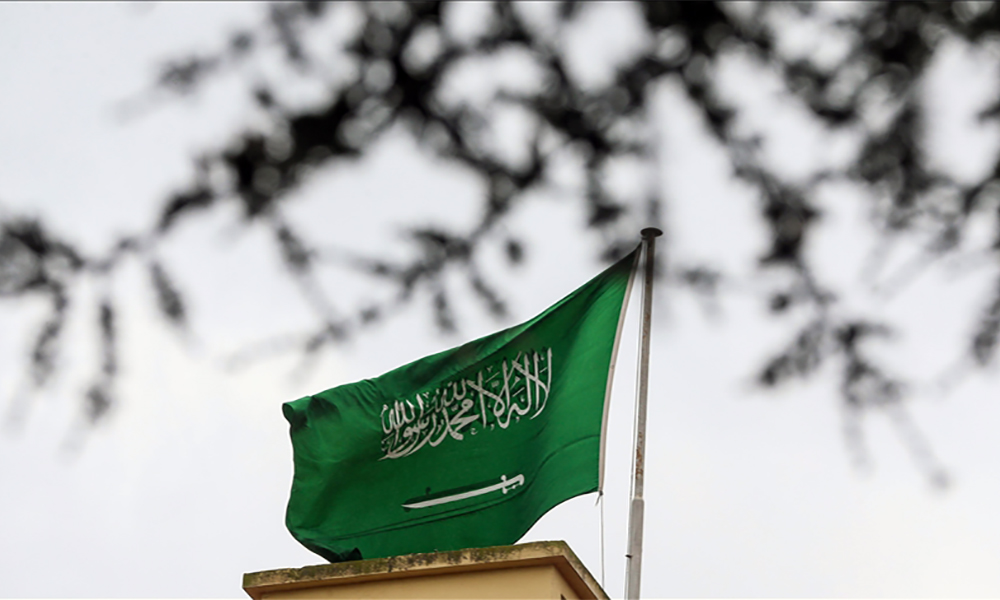
Saudi Arabia has resumed its diplomatic operations in Kabul, reopening its embassy on Sunday.
"Based on the desire of the government of the Kingdom of Saudi Arabia to provide all services to the brotherly Afghan people, it has been decided to resume the activities of the mission of the Kingdom in Kabul starting on December 22," the embassy posted on social media site X.
The Islamic Emirate of Afghanistan's acting foreign minister Amir Khan Muttaqi recently met with Saudi representatives, expressing a desire to expand bilateral relations. Saudi officials reaffirmed their commitment to providing humanitarian aid and strengthening collaboration in various fields.
In November 2021, Saudi Arabia said it was resuming consular services in Afghanistan. It also provides humanitarian aid in the country through its KSRelief organisation.
Saudi Arabia was one of only three countries, the others being Pakistan and the United Arab Emirates, that recognised the first IEA government which came to power in 1996 and was overthrown by the United States invasion of 2001.
Latest News
Human traffickers should be sentenced to 1 to 3 years in prison: IEA leader
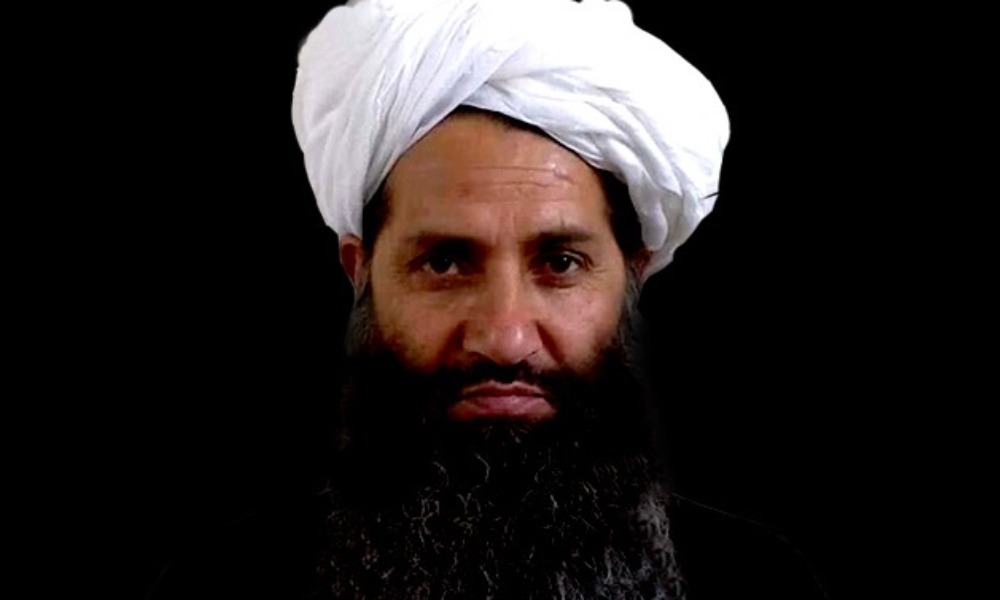
The Leader of the Islamic Emirate has issued a decree instructing the Ministry of Interior Affairs to prevent human trafficking and to arrest and refer culprits to military courts.
The decree containing six articles says that that military courts should sentence human traffickers to one year in prison for the first time, two years if repeated for the second time and three years if repeated for the third time.
The ministries of Hajj, information, telecommunications, borders, propagation of virtue, as well as religious scholars are asked to inform the public about the dangers and adverse consequences of travelling through smuggling routes.
The decree comes as the rate of migration has increased following the political change in Afghanistan in 2021.
-

 World4 days ago
World4 days agoNorth Korean troops suffer 100 deaths, struggling in drone warfare, South Korea says
-

 Latest News2 days ago
Latest News2 days agoAfghan men must stand with women to support viable future of country: US envoy
-

 Latest News4 days ago
Latest News4 days agoTwo horror accidents on Kabul-Kandahar highway leave 52 dead
-

 Sport4 days ago
Sport4 days agoAfghanistan crush Zimbabwe by 232 runs in second ODI
-

 International Sports5 days ago
International Sports5 days agoLanka T10: Kandy Bolts in at 4th spot in playoffs after thrilling day
-

 World5 days ago
World5 days agoNATO takes over coordination of military aid to Kyiv from US, source says
-

 Sport4 days ago
Sport4 days agoBangla Tigers lift Lanka T10 Super League title
-

 Latest News4 days ago
Latest News4 days agoThere are many differences between Syria and IEA: Ahmad al-Sharaa


